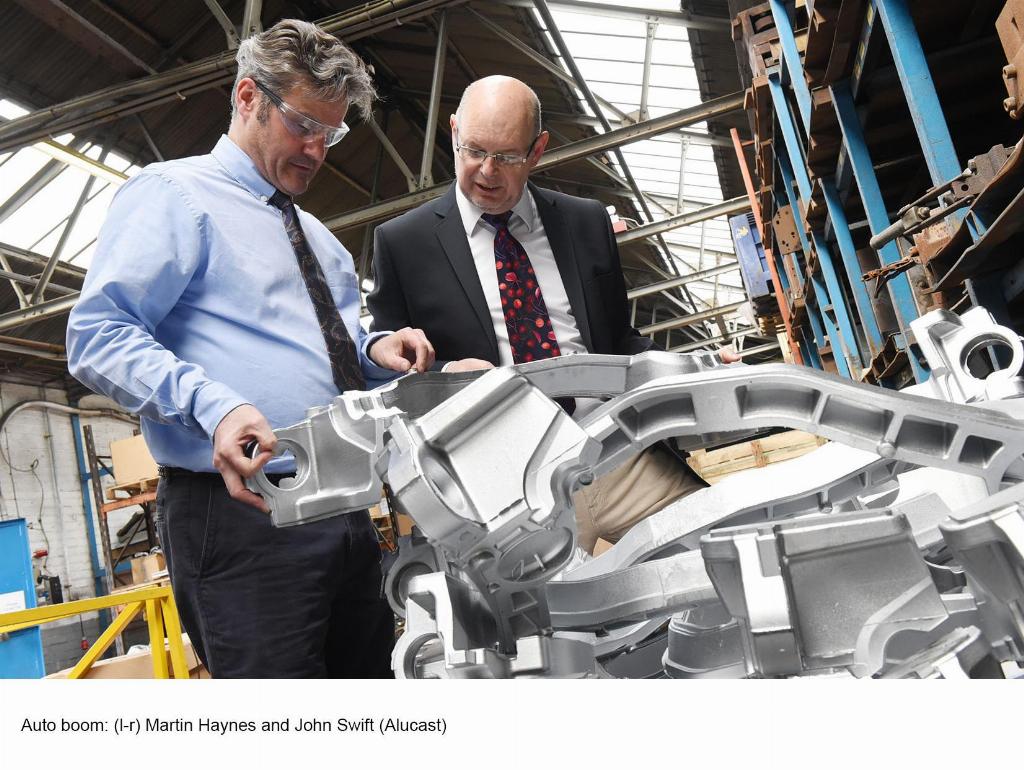UK manufacturers remain positive despite drop in growth in October

It seems that Brexit and global trade uncertainty have really started to bite UK Industry, as new orders domestically and international new business fell throughout October.
It seems that Brexit and global trade uncertainty have really started to bite UK manufacturing, as new orders domestically and international new business fell throughout October.
The latest IHS Markit Purchasing Managers Index (PMI) was conducted from 12-26 October, just before the UK Chancellor announced a positive but Brexit deal–dependent Budget, and came in at 51.1, showing a decline in new orders and employment for the first time since the Brexit vote in July 2016.
However, despite October’s dip, almost half of UK manufacturers surveyed were optimistic for the next 12 months, citing new product development, increasing capacity and new opportunities for exports in the pipeline.
“There seems to be a consensus that there will, at some point, be an end to the uncertainty,” commented David Johnson, founding director of currency specialist, Halo Financial.
“Companies have been getting on with business and planning ahead as much as they can, but there is only so much that can be done with so much global uncertainty about the future of our trading relationships.”
The consumer goods sector was the hardest hit, while investment and intermediate goods both grew a little. Overseas demand slowed, for the second time in the last quarter, as trade concerns globally take their toll. This had knock on effects on employment in the industry, which has been buoyant for a significant period to date.
“Another positive note is that input costs and output pricing inflation, while still high, have eased, which is another area that has been piling the pressure on to the sector,” continued Johnson. “We handle the foreign exchange needs of companies from a very broad spectrum of sectors and our experience is that companies across the UK are taking steps to prepare their businesses and create contingency plans. The outlook is still one of cautious optimism.”
“The effects of the deal or no deal uncertainty are strong, but there is certainly hope that they will ease once some clarity emerges. In the meantime, manufacturers need to do all they can to protect existing trading relationships, forge ahead with new ones and protect their international payments to maximise profitability.”
EEF economist Francesco Arcangeli commented: “It appears that reality abruptly kicked in October with today’s manufacturing PMI illustrating that manufacturing activity slowed sharply, ahead of the Bank of England’s MPC decision later today.
“Both orders and output were down with the consumer goods sector particularly affected by the slowdown. Export orders, which have been the major factor behind the expansion of 2017, decreased quickly and domestic orders were too weak to offset the bad performance.
"Companies are particularly concerned about rising trade tensions, a Brexit situation which still lacks clarity and the recent volatility in the commodity and foreign exchange market. This underlines once more how important stability is, and how a clear decision on Brexit is needed to bring back optimism to the sector.”
Halo Financial www.halofinancial.com















